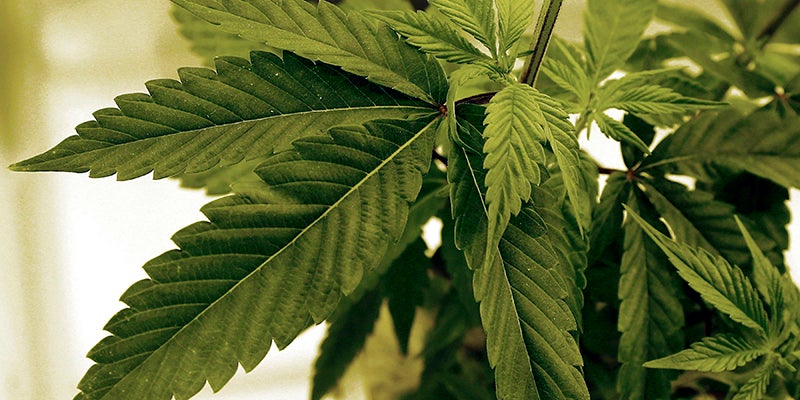He may fail to understand it
Published 6:32 am Monday, October 19, 2009
The knowledgeable and widely respected economist former Federal Reserve chairman Alan Greenspan knows much about economic trends, and I respect his technical understanding of macroeconomics. He has recently wisely advised the problems that have caused the current economic crisis are bound to recur. The explanation he offers, however, I find somewhat misdirected: “Unless somebody can find a way to change human nature, we will have more crises.” Mr. Greenspan either used the incorrect word or fails to understand what “human nature” is.
I put his assertion this way: Unless somebody can find a way to change the behavior of people — both individual and societal — we are certain to suffer an endless cycle of crises caused by corrupted human nature.
What Greenspan and most people mean by “human nature” is no more than the way people usually behave. This, however, is not human nature, which is what humans are by their design and creation. He refers to what is usual, but “nature” refers to what is normal and of the essence of a thing. It is, undeniably, usual for people to act out of greed, but it is not normal according to the nature of humanness.
No one would say unless somebody can find a way to change human nature, we will always have substance abuse. We would not, because we know abuse is not normal — however frequent or even usual — for humans to become addicted to harmful substances. We know it is usually a choice. But addiction is not of the nature of humanness; no one becomes addicted naturally.
People, on all economic and social levels, are greedy by the opportunity to choose but not out of the necessity of their nature. They are often greedy by their individual nature, but this is a corruption of human nature, a perversion.
If you’ve read much of what I have been writing in these pages, you can expect me to say it: God did not create humans greedy or to become greedy. He created us in his image with the ability to determine choices and make decisions. Humans, following the first couple, choose to act contrary to our created nature and become greedy.
Greenspan had in mind, then, corrupted human nature, although I don’t know if he understands this. What is needed is not an ethical modification of corrupted human nature, but redemption from it and restoration of created human nature.
I use greed only as a metonymy for the complex of behavioral characteristics that cause economic crises; I use, in turn, economic crises as an obvious illustration of a complex of moral crises.
Our communities, society, and the world have become dysfunctional because created human nature has become corrupted by humans making evil choices against their own nature. Human nature has been corrupted so severely and become chronically so, dysfunctional behavior appears, well, “natural.” By the same token, what is wholesome and right appears weird or even abnormal. Moral perspective has been turned upside down. Humans have become, in fact, self-destructive.
We no longer can recognize what is actually human nature because the usual has trumped the normal.
I must paraphrase Greenspan more precisely: Until people recognize the effective way to redeem human nature from its corruption, we will persist in our present human crises.





